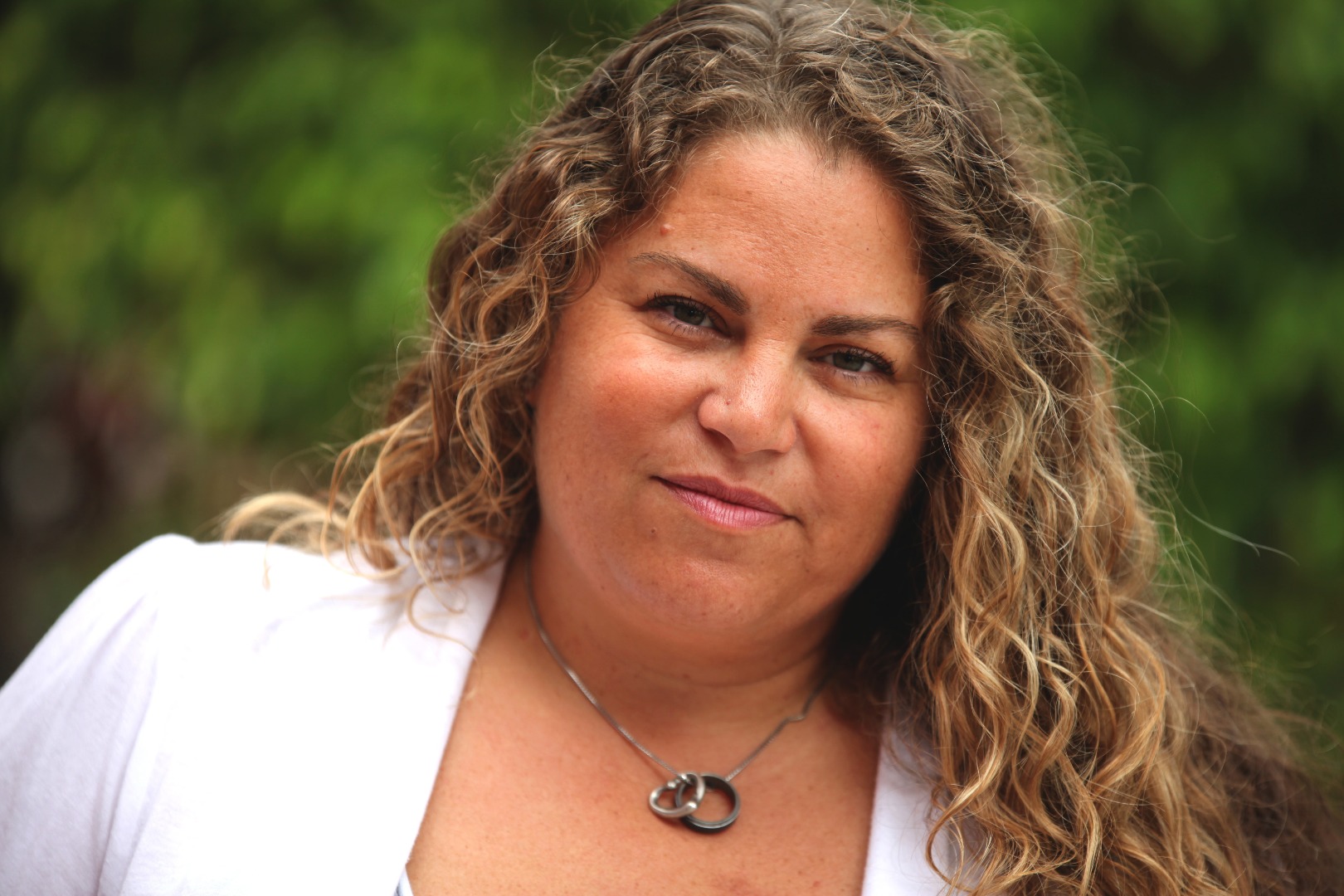Crisis Intervention · July 09, 2021
“He was emotionally abusive, and my kids were seeing it and living it,” said Abigail, talking about her ex-husband via Zoom meeting last week, curly light brown hair tucked in a loose bun (identities altered for privacy). Abigail is safe now, thanks to Jewish Family Service and her own resilience. “The day the kids and I left felt like freedom,” she said.
Jewish Family Service (JFS) helps survivors of domestic abuse move from a bad situation into a better one.
Holocaust Survivors · February 05, 2021
“Holocaust survivors are our teachers and our heroes,” said Mark Wilf, the chair of The Jewish Federations of North America’s (JFNA) board of trustees. “With inspiring strength and conviction, they teach us about the past. Now, they are teaching us how to better serve all older adults who have survived trauma.”
JFNA’s Center on Aging and Trauma, a project of the Holocaust Survivor Initiative, has just awarded Jewish Family Service a one-year, $66,666 grant.
Crisis Intervention · April 07, 2020
It is usually counterintuitive to depict the home as an unsafe space. People generally associate home with comfort, quarantine with safety from outside elements. Now more than ever, we are being encouraged to stay at home and avoid outside exposure. The experience of stress that family members report when being confined together for extended amounts of time typically falls within normal range. But for victims of domestic abuse, the experience of being quarantined with their abusive partner poses
Crisis Intervention · June 10, 2019
As adults get older, they can become more vulnerable to scams and different types of abuse—sometimes from those whom they trust. The statistics show this is a pervasive problem, which is becoming increasingly common. Elder abuse has been recognized as a largely hidden public health problem that affects five million, or one in ten older Americans aged 60 and older, every year, according to the National Council on Aging. Globally, an estimated 141 million older adults have experienced elder abuse.




